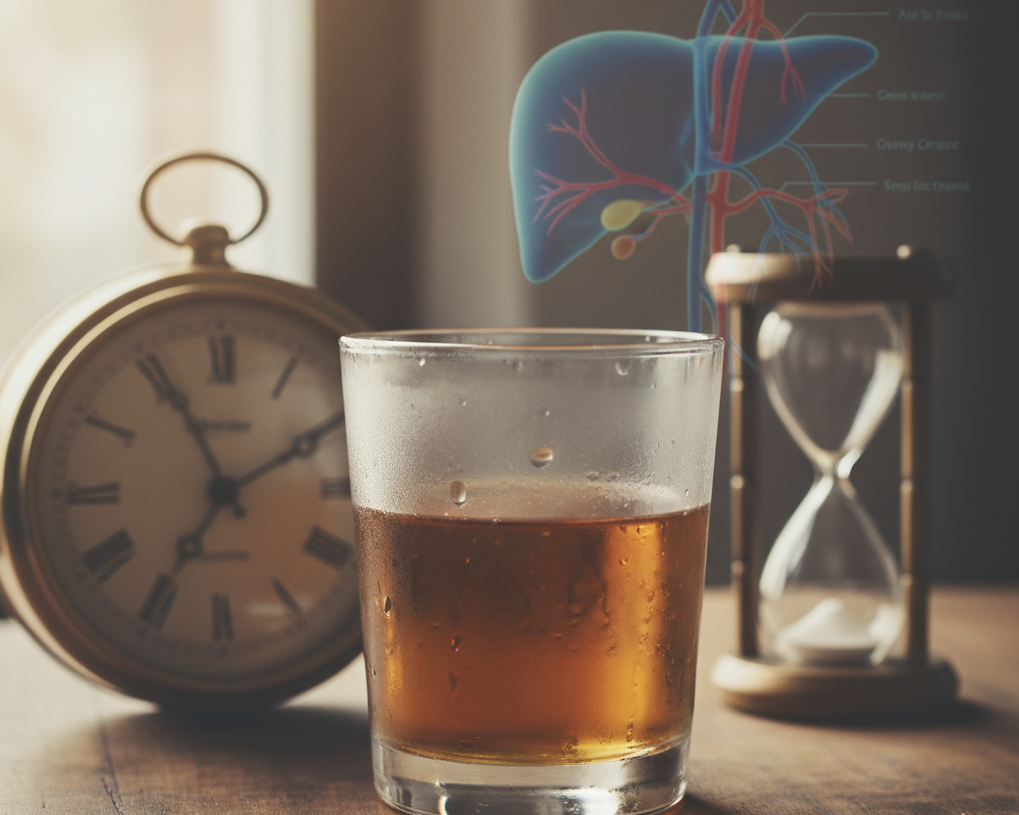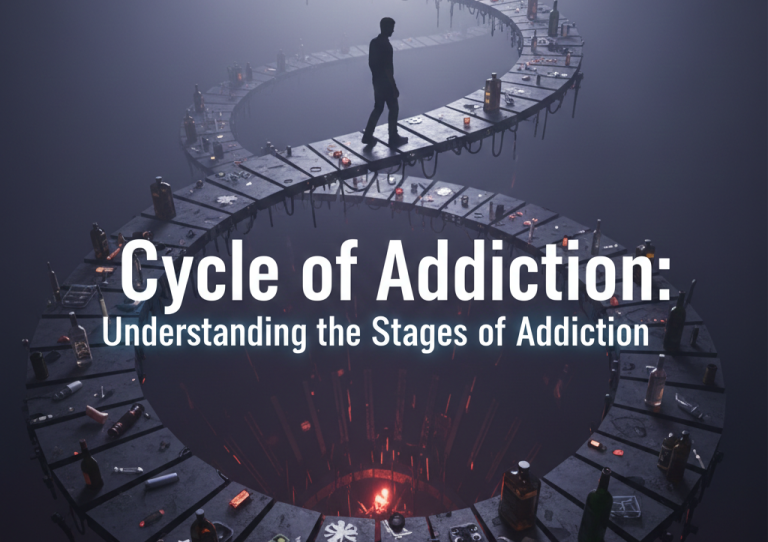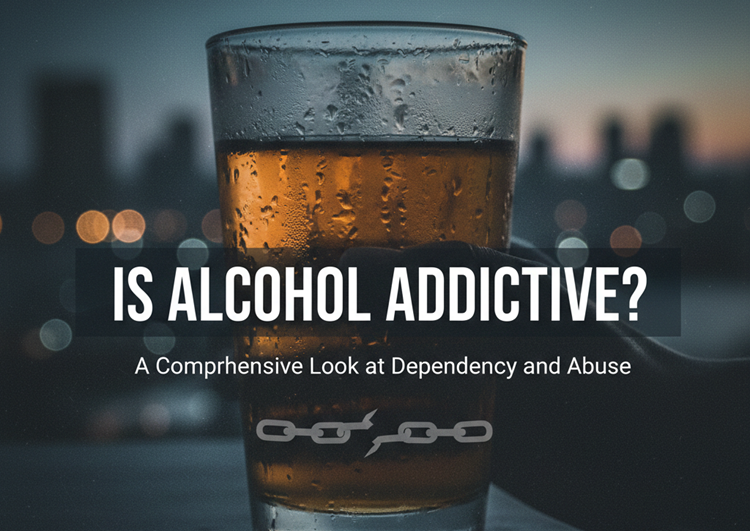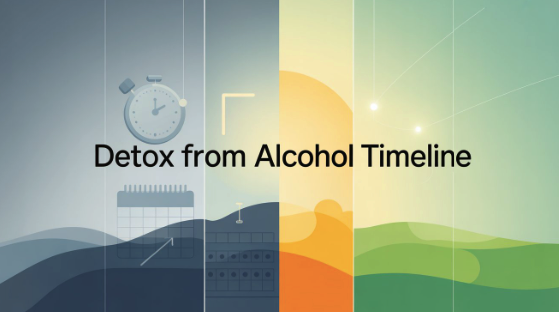In This Blog:
- Alcohol stay in your system after drinking depends on test type and individual health.
- Blood: up to 12 hrs, Breath: 12–24 hrs, Urine: up to 72 hrs, Hair: 90 days.
- Metabolism varies by gender, weight, genetics, and food intake.
- Risks include overdose, liver disease, and long-term mental health effects.
- Early help and treatment improve outcomes.
It is a typical inquiry, and the answer is not a straightforward one. How long it takes depends on quite a few factors about you: your body weight, gender, the amount of food you have eaten, and even the type of test being taken.
As per the National Institute on Alcohol Abuse and Alcoholism (NIAAA) :
- The liver is the key organ in the body to process alcohol.
- But alcohol may be found in different parts of your body, such as your blood, urine, breath, hair, and saliva, and each has its own timeframe of detection.
Alcohol testing is common in most places in the United States. including workplaces and sporting matches. Knowing the duration of alcohol detection is not only significant in passing the test. Being aware of the dangers and when to consult professional assistance is a crucial matter in making sound choices concerning your health.
How Long Does Alcohol Stay in Your System?
The duration of time that alcohol remains in your body once you take a drink depends on the test and differences among people.
Here’s how long alcohol is detectable, on average:
Body System | Detection Time | Source |
Blood | Up to 12 hours | NIAAA |
Breath | 12–24 hours | NIAAA |
Urine | 12–24 hours; 72 hours or more after heavy use | CDC |
Saliva | Up to 12 hours | NIAAA |
Hair | Up to 90 days | NIH |
Start alcohol recovery today with Orlando Treatment Solutions.

How Long Does Alcohol Stay in the Body?
A healthy liver burns the alcohol content at approximately 0.015 grams per deciliter each hour, or about one standard drink per 60 to 90 minutes. But that rate may differ depending on an individual’s age, sex and liver health.
Some of the most important facts about alcohol processing are listed here:
- The half-life of alcohol is 4-5 hours.
- Approximately 95 percent of alcohol is metabolized by the liver.
- The remaining 5 percent is released through excretions of sweat, breath and urine.
- Food can slow down the absorption of alcohol yet does not affect the speed of alcohol removal.
Factor | Impact on Alcohol Processing |
Age | Older adults metabolize more slowly |
Gender | BAC was higher in females than in males following identical intake |
Health | Liver issues slow clearance |
Urine Test
How long does alcohol stay in your urine?
- Noticeable: 12-24 hours upon moderate drinking.
- To 72 or more hours of heavy/binge drinking.
- Ethyl glucuronide (EtG), an alcohol byproduct, can also be detected by the tests up to 80 hours..
Drinking Pattern | Detection Time in Urine |
Moderate use | 12–24 hours |
Heavy use | Up to 72+ hours |
EtG test | Up to 80 hours |
Blood Test
How long does alcohol stay in your blood?
- Detectable up to 12 hours.
- The degree of intoxication depends on blood alcohol concentration (BAC).
- Quantity of alcohol intakes, rate of drink intake, food intakes, body weight and sex are the factors that influence BAC.
BAC Level | Effect |
0.02% | Mild relaxation |
0.05% | Lowered inhibitions |
0.08% | Legal intoxication in the U.S. |
0.10%+ | Slurred speech, impaired judgment |
Breath Test
How long can alcohol be detected on a breath test?
- Detectable for 12–24 hours.
- Breathalyzers determine the Bac based on the alcohol that is exhaled through the lungs.
- Not entirely accurate but in the popular use of the law enforcers.
Some factors can affect the accuracy of the breath test:
- Breathing patterns.
- Body temperature.
- Calibration of the device.
Hair Test
How long does alcohol stay in your hair?
- Detectable up to 90 days.
- Gives history on long-term drinking patterns.
- Less frequent because of cost, but effective in the detection of chronic use.
Hair testing is often used in:
- Legal investigations.
- Employment checks.
- Basic monitoring schemes.
Saliva Test
How long does alcohol stay in your saliva?
- Detectable up to 12 hours.
- The most common workplace or roadside screening.
- Fast and non-invasive, and limited detection window.
Saliva tests are usually selected because they:
- They are easy to administer.
- Give almost instantaneous results.
- Less invasive than blood tests.
How is Alcohol Metabolized?
As you consume alcohol, it enters into your stomach and small intestine where it is metabolized by your liver which is the main organ. One major enzyme is the alcohol dehydrogenase that splits the ethanol further into acetaldehyde, which is further divided into acetate, water and carbon dioxide.
- The liver metabolizes about 95 % of alcohol.
- The rest (2-5 %) is excreted with your breath, through your sweat and urine.
- Food in your stomach can slow up absorption, which slows intoxication
Process | Description |
Absorption | Begins in stomach and small intestine |
Breakdown | Alcohol → acetaldehyde → acetate |
Elimination | Mostly via liver, small portion via breath/sweat |
Factors That Affect Alcohol Metabolism
Does your weight or gender influence your alcohol duration of stay? Yes, the two are an important part. Some of the important factors that affect alcohol metabolism are as follows:
- Body weight: A Smaller body size usually means that a person is slow to metabolize alcohol.
- Gender: Females generally exhibit higher BAC than males following the same alcohol intake, which is partly explained by the fact that they have less body water.
- Age: The aged have a slow rate of metabolism of alcohol.
- Food consumption: a meal may decrease the absorption but does not increase the elimination.
- Genetics: The effectiveness of the enzymes that decompose alcohol may depend on an individual.
- Medications: Some drugs may react with alcohol and cause sluggish metabolism.
Factor | Effect on Metabolism |
Weight | Higher weight may lower BAC levels |
Food | Delays absorption |
Genetics | Influences enzyme activity |
Age | Slower metabolism with aging |
Medications | Can slow or change alcohol breakdown |
Overcome alcohol struggles now with Orlando Treatment Solutions.

Experts’s Advice
- Eat a meal always before drinking to reduce the rate of alcohol absorption.
- Hydration helps avoid after-effects.
- Should not be used together with alcohol and sedatives or opioids.
- Alcoholic drinks should be spaced to allow the liver to digest the liquor.
- Professional assistance is required in case the drinking starts to influence your everyday life.
How Long Does It Take for Alcohol to Kick In?
- It can normally take 15- 45 minutes before alcohol reaches the bloodstream.
- The effects vary with the contents of the stomach, the weights of the body as well as the alcohol strength.
BAC Level | Symptoms |
0.05% | Lowered inhibitions, mild effects |
0.08% | Legal intoxication, impaired judgment |
0.10%+ | Slurred speech, loss of coordination |
Influencing factors that affect speed of intoxication:
- Drinking on an empty stomach.
- Type of alcoholic beverage.
- Rate of consumption.
Symptoms of Alcohol Overdose
Alcohol overdose (poisoning) happens when BAC becomes dangerous, causing a slowdown in breathing and heart rate.
Symptoms include:
- Confusion and stupor.
- Vomiting.
- Pale or bluish skin.
- Low body temperature.
- Slow or irregular breathing.
- Loss of consciousness.
There are high chances that alcohol will be overdosed when paired with opioids, sedatives, or some prescription medications.
Risks of Alcohol Misuse
As per the Centers for Disease Control and Prevention (CDC):
- In the U.S. 140,000+ are killed by alcohol each year.
- Almost 1 out of 10 adults qualifies to have alcohol use disorder (AUD).
- Risks in the long run: liver disease, heart disease, cancer, depression, and accidents.
Risk Area | Possible Effects |
Liver | Cirrhosis, liver failure |
Heart | Hypertension, stroke |
Mental health | Depression, anxiety |
Accidents | Injuries, motor crashes |
Alcohol Problem Assessment
Ask yourself:
- Do I drink more than I intend?
- Have I tried and failed to cut back?
- Do I neglect responsibilities due to drinking?
- Do I experience withdrawal symptoms?
If you answer yes to any of these questions, it may indicate alcohol misuse or an alcohol use disorder.
Orlando Treatment Solutions
Battling with Drug and Alcohol Addition? Remember, you are not alone and we are here to help you!

Get Help for an Alcohol Problem
If you’re struggling with alcohol, professional help is available. Treatment may include:
- Medical detox in order to manage the withdrawal symptoms safely.
- Hypothesis therapy and counseling to deal with the underlying causes of misuse.
- Support groups in order to be with other people in recovery.
- Medication-assisted treatment.
Early help could enhance recovery and can help to avoid permanent damage.
At Orlando Treatment Solutions, we offer customized alcohol recovery programs that work to integrate medical knowledge with care. Call (321) 415-3213 and start the process of long-term recovery.
FAQs About Alcohol Addiction
How long does alcohol stay in your urine?
Alcohol is detectable in urine for 12 to 24 hours, or up to 72 hours for heavy drinking. EtG tests can detect alcohol byproducts for up to 80 hours, providing a longer detection window.
How long does alcohol stay in your blood?
Alcohol can be detected in your blood for up to 12 hours. This timeline is affected by the amount of alcohol consumed, how much food you’ve eaten, and your individual metabolism.
How long can alcohol be detected on a breath test?
Alcohol can be detected on a breathalyzer for 12 to 24 hours after your last drink. This method is a quick, noninvasive way to estimate blood alcohol concentration.
How long does alcohol stay in your hair?
Alcohol can be detected in your hair for up to 90 days. Hair tests are used to provide a record of long-term alcohol consumption patterns and are one of the most reliable methods for this purpose.
Does body weight or gender affect how long alcohol stays in your system? Yes.
Women and individuals with a lower body weight generally reach a higher blood alcohol concentration faster and metabolize alcohol more slowly than men or larger individuals.
Conclusion
- Alcohol detection varies by test method, body factors, and drinking patterns.
- Blood and urine tests detect recent use, while hair tests show long-term patterns.
- Safe drinking means knowing your limits and avoiding binge patterns.
- Seek help if you or someone you know struggles with alcohol misuse. Professional support can make recovery possible.
Disclaimer: This blog is for educational purposes only and is not a substitute for medical advice. Always consult a healthcare professional regarding alcohol use concerns.



























